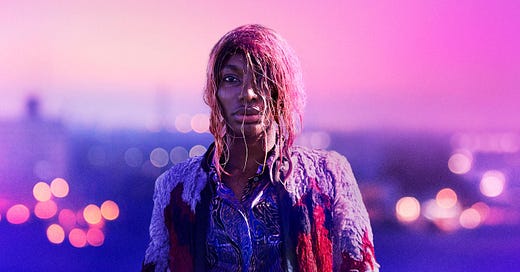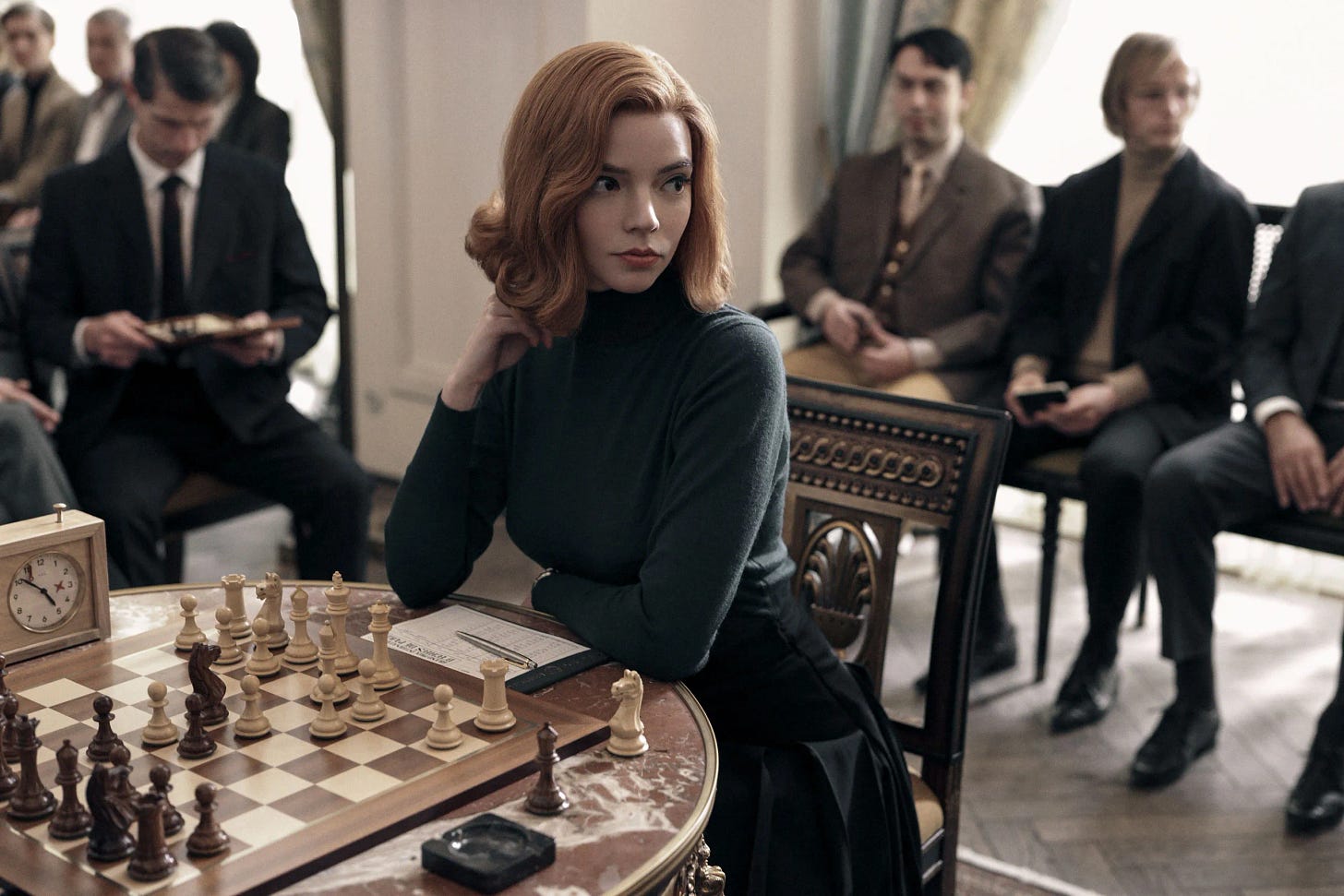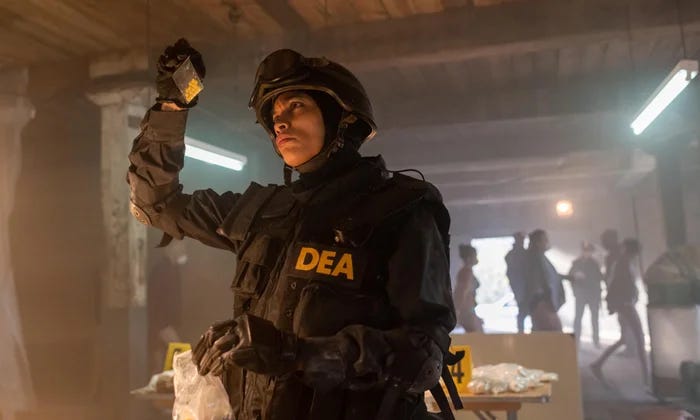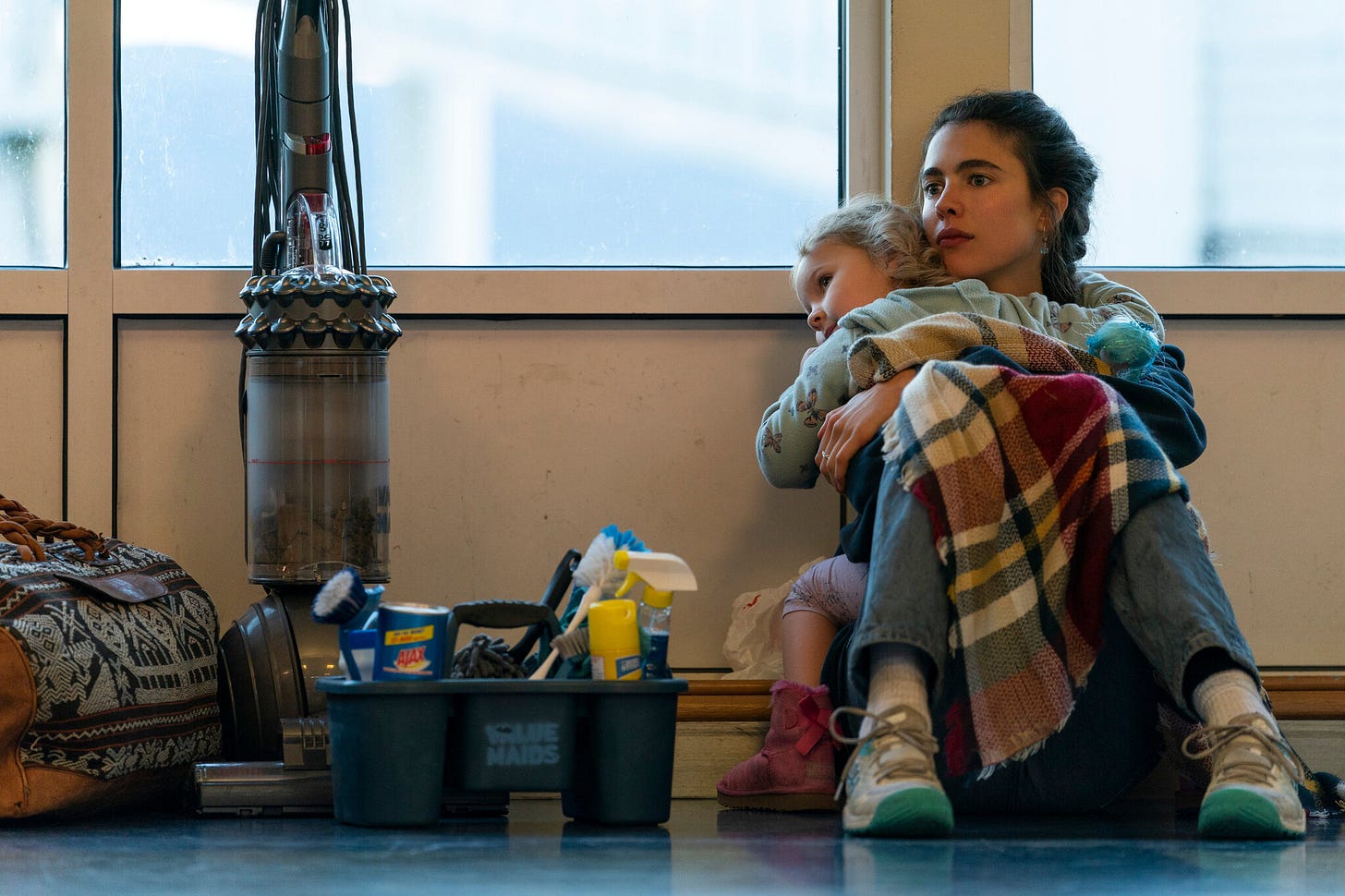Not every story needs six seasons and a movie. The satisfaction of a self-contained tale seems rare nowadays, in the age of a franchise-obsessed Hollywood. We all have a beloved television show that ran off the rails in later seasons, the story stretched beyond its capacity in the name of chasing profit. That’s the appeal of a standalone feature film; a story told in its entirety, with a sense of completion at the end. But what if there were something between a tv series and a film, a secret third thing? Enter: Limited Series.
This underappreciated medium offers the best of both worlds, the benefits of tv and film rolled into one. However, limited series are difficult to get greenlit, as studios are often averse to miniseries as a concept. But limited series are a strong storytelling vehicle, and I would like to see more of it.
The Benefits of TV
Television is a kind of long-form storytelling. It allows space to breathe. Mary McNamara writes in The LA Times, “Ultimately, what separates television, even on streamers, from film is its ability to foster deep and enduring attachment. Television’s unique alchemy of continuity and endless possibility allows viewers to commit to characters and worlds in a way even franchise films cannot.”
Series allow for more complex character arcs than films. Television tends to be a character-driven medium, and allowing your characters more screentime gives them more opportunity to grow. Audiences get to know the characters, often to the point where they feel familiar, like old friends. Some beloved long-running series like The Office and How I Met Your Mother thrive on this sort of fictional parasocial relationship. Series can develop more nuance and deeper relationships than what can be contained in a 2-3 hour film. Even in the limited scope of a miniseries, 8-10 hours makes a massive difference in the scope of character development.
Similarly, series allow for detailed world-building. For high-concept series like fantasy and sci-fi, spending more time on worldbuilding creates a stronger sense of place. While the most popular fantasy and sci-fi series belong to massive IP empires, (Star Wars, Lord of the Rings, etc.) limited series have the potential to flesh out imaginative, original worlds.
The Benefits of Film
Like feature films, limited series have stories with drive. They have to be action-packed, to get to the good stuff, since the conclusion has a fixed point. Tv series can be monetarily incentivized to drag out the story. The more a series is stretched, the more money can be squeezed out of it. But sometimes the story suffers, and becomes unbearably slow. With standalone films, as with limited series, filler isn’t an option.
Limited series also provide a sense of closure. There are no surprise mid-season cancellations, like with cult classics Freaks and Geeks and Firefly. There are no weird cliffhangers or sequel-baiting. Films and limited series provide complete, self-contained stories. They leave audiences satisfied at the end, like finishing a good book.
An Underutilized Medium
Despite all these benefits, limited series are difficult to greenlight. They provide unique monetization challenges for networks who rely on ad revenue, so they often require established IP or name talent attached just to get a pitch meeting. While these monetization concerns are valid, if there’s a demand for limited series from consumers, more limited series will get made. So here are my recommendations of excellent limited series, shining examples of what this unique format is capable of.
Maniac
Possibly one of the most underrated shows of recent years. In a semi-dystopian near-future, a team of scientists try to develop a drug that will permanently heal people from trauma by accessing their dreams. Our complicated heroes, played by Emma Stone and Jonah Hill, become test patients in the morally-questionable lab’s last-ditch attempt to create this psychedelic pharmaceutical. This genre-bending series is strange, unique, and visually stunning. Although futuristic, the world feels aesthetically retro. Audiences are treated to mini-stories within the story, with each dream diving into a new genre – rom-com, high fantasy, casino heist. The characters’ very souls become intertwined, and what results is a beautiful story about human connection, one that transcends romance and explores deep, platonic intimacy.
Chernobyl
A scathing historical drama that swept the 2019 Emmys, Chernobyl is often cited as one of the best examples of limited series filmmaking. The story is a fictionalized retelling of the real-world heroes and villains involved in the tragic disaster of 1986. An explosion at the nuclear power plant outside Chernobyl poisons an entire community. As first responders and scientists work to contain the damage, operatives of the Soviet government try to cover it up. The show allows the gravity of the event to take center stage, including the horror of its violence. But the cinematography is surprisingly beautiful. Striking images of firefighters approaching a massive blaze, knowing they’re destined to die. Children playing outside, grasping at wisps of ash as they fall like snow. The effect is haunting, communicating the daunting scale of the event and the deep human cost of its fallout.
Baby Reindeer
A surprise hit of 2024 that I covered in my Subversive Television article. This autobiographical series is a marvelously executed dark comedy that twists the stalker-thriller genre. Not only are the genders reversed from the norm – it’s a woman stalking a man – but the stalker is portrayed in a way that’s tragic and empathetic without romanticizing the harms. Both the stalker and stalked are portrayed as flawed and culpable, while also being victims. The story rejects the idea of a “perfect victim,” and lives in the messy middle.
Looking for Alaska
An adaptation of John Green’s seminal YA novel, one of the top five most-banned books of the 2010s. 16-year-old Miles starts a new life at a prestige boarding school in search of meaning and adventure, and falls in with a band of misfits. He quickly becomes smitten with an effervescent and deeply troubled girl named Alaska. Hijinks and teen drama quickly give way to real tragedy, and the group of friends grapple with grief for the first time. A limited series was a perfect vehicle for this novel adaptation. While the book is limited to Miles’s first-person POV, the series enriches all the other characters in the ensemble. The audience gets a chance to see a more complicated Alaska, rather than the idealized version of her seen through the crush of a teen boy. Set in 2005, the year of the book’s release, the scenic design playfully leans into the Tumblr aesthetic that launched the book to internet stardom in a way that’s nostalgic without feeling trite. As someone who loved the book as a teen, this tv adaptation absolutely did the source material justice.
Carlos
The story of international revolutionary-turned-terrorist Ilich Ramírez Sánchez, aka Carlos the Jackal, who once held the diplomats of the 1975 OPEC meeting hostage. Shot on 35 mm film and directed by French filmmaker Olivier Assayas, the visual storytelling is immersive. Following Carlos over a two-decade career of bombings, assassinations, and raids, the globetrotting antihero is equal parts seductive and violent. Following historical crises through the point of view of a terrorist is a subversive move, and the international espionage is gripping for the entire ride.
The Queen’s Gambit
The Netflix sensation starring Anya Taylor-Joy is a slow-burn, dark academia visual feast. Set in the 1960s, an orphan girl discovers the game of chess and quickly becomes known as a child prodigy. As she grows, she rises to stardom on the national and international competition circuits, but the fame and success at such a tender young age comes at a price. She becomes obsessive, relying on tranquilizers to calm her mind, and descends into drug and alcohol addiction. The pacing is quiet and contemplative, but it never feels slow. The Queen’s Gambit pulls the viewer into this insular world, making chess feel glamorous and sexy and oh-so intriguing.
I May Destroy You
Written by, directed by, and starring Michaela Coel, I May Destroy You is an opus on consent. A young, up-and-coming writer is drugged and raped in a nightclub. Following the incident, she spirals while trying to piece together what happened. With a distinct style and voice, the world is inhabited by vibrant and messy characters. The heroine is deeply flawed, often engaging in self-destructive behavior, creating space for growth throughout the series. The events that follow ask difficult questions like, what is consent? When has it been violated, and how does one proceed from there? Coel’s show is engaging, thoughtful, and deeply human.
Dopesick
Anchored by powerhouse performances from Michael Keaton, Kaitlyn Dever, and Rosario Dawson, Dopesick takes the audience to ground zero of America’s opioid epidemic. The show follows several parallel stories to show a wide view of the subject: a doctor prescribing OxyContin to his patients. A coal miner who takes Oxy for a back injury only to develop a debilitating addiction to it. A DEA officer chasing down Big Pharma for a shred of accountability. A Purdue sales rep grappling with the cognitive dissonance of the job. A couple of scrappy Appalachian lawyers fighting a class-action lawsuit against a mega-corporation. And the Sackler family operating in the shadows of Purdue Pharma itself. The dark reality of the drama is brutal and unflinching, but the persistence and hope of its characters shine through to the end.
Maid
A grounded and deeply personal look at abusive relationships, generational poverty, and mental illness. Maid follows Alex, a young woman who flees from an abusive partner in the middle of the night with her 3-year-old daughter in tow. She struggles to rebuild their lives from the ground up, with no resources and no support system. Alex is tasked with navigating the complex systems of government assistance, the catch-22s of trying to get a job to get childcare (and vice versa), and breaking away from the cycles of generational trauma that she’s inherited. Some of these traumas are portrayed in a way that’s devastatingly real, but it never verges into poverty porn. Every character, even the “villains,” are complex. Alex’s spirit remains intrepid, and she is met with kindness by many people along the way. The result is an empathetic look at the working-class struggle, with enough optimism to forge a way ahead.














I wish most shows were a limited series to be honest. Like a movie, the limited series is great because it has a set beginning, middle and end. The structure makes sense.
Whereas most shows are purposefully trying to impress and be renewed year after year, and they suffer as a result!
I'm glad you mentioned cancellations. There are so many good artistic and creative reasons for limited series, sure, but in a world where streaming services cancel beautiful series on a whim, I think a lot of us are reluctant to start new things! With a limited series, you at least know you'll get the whole story.
And sometimes a few episodes is all it takes to make something extraordinary--can't help but think of the best TV show I've ever seen, Station Eleven! Definitely add it to your watch list if you haven't seen it already. :)